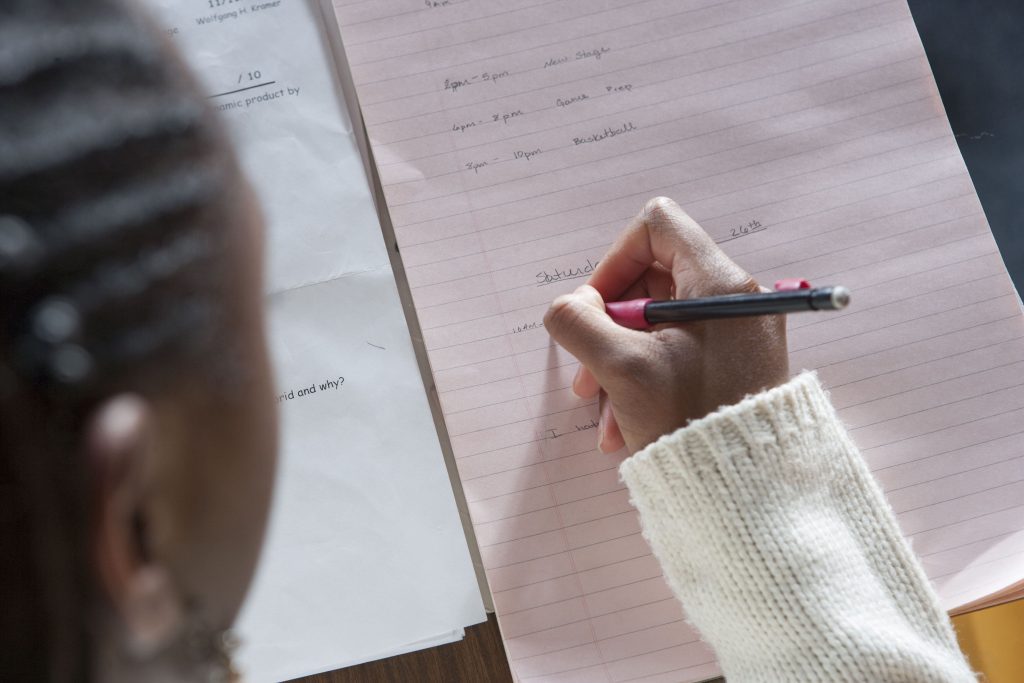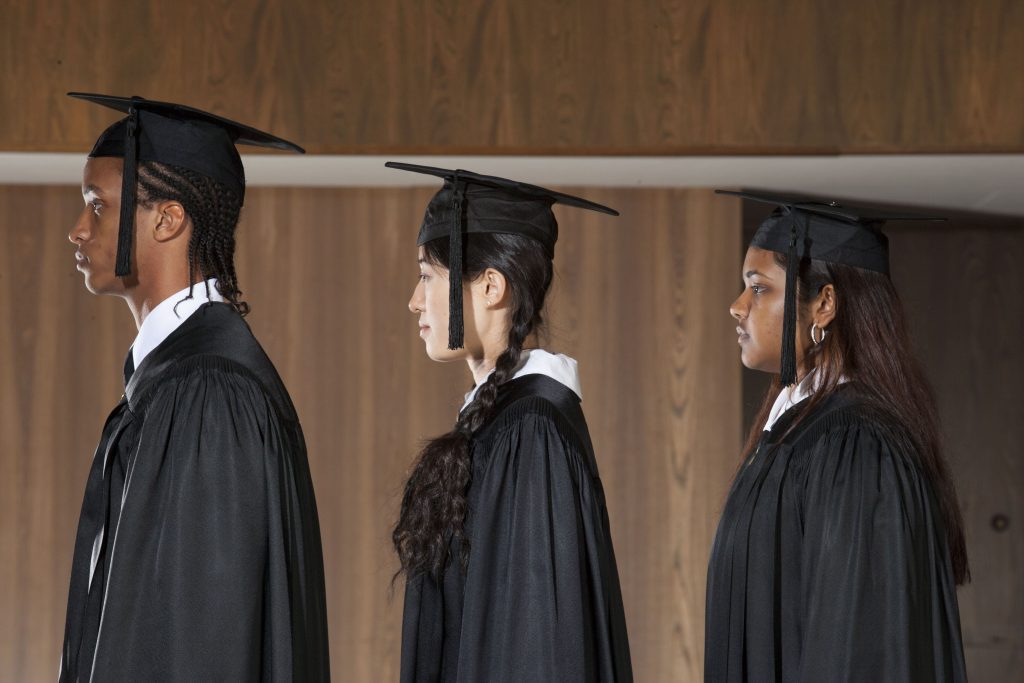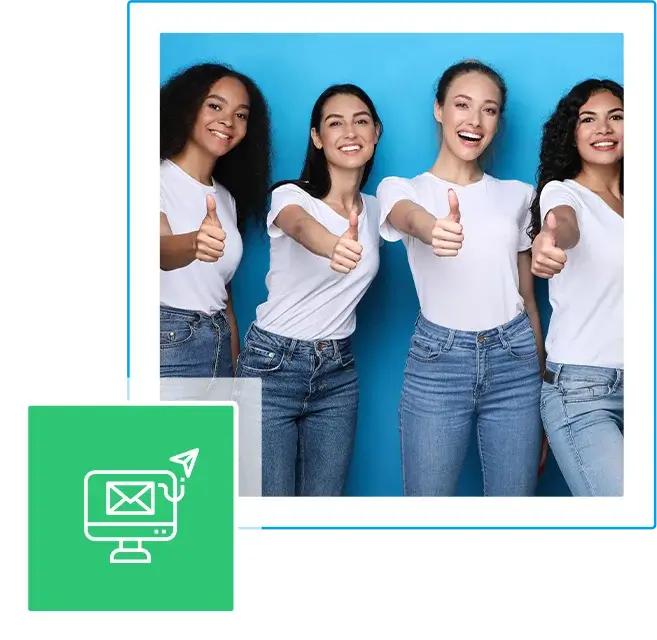- Please note: nothing contained in this article should be taken as visa advice, and you should do your own research and speak to an advisor.
US visa interview questions and answers! Millions of students dream of studying in the United States each year. From high-quality education to better job prospects, there are many reasons why students want to study in the US. However, the process of getting a US student visa can be quite daunting.
One of the most important parts of the US student visa application process is the interview. During the interview, applicants will be asked a series of questions by a consular officer about their plans to study in the United States.
If you have an upcoming interview for a US student visa, it’s important to be prepared. In this article, we’ll provide some tips on how to prepare for your interview as well as some common questions that you may be asked.

Is it required for international students to have a visa to study in the US?
If you are planning to study full-time in the United States, you will need to obtain a student visa. There are two main types of student visas for the US: the F-1 visa and the M-1 visa.
The F-1 visa is for students who are planning to study at a university or college, while the M-1 visa is for students who are planning to study at a vocational school.
Your student visa is one of the most important documents that you will need to obtain in order to study in the United States. Without a student visa, you will not be able to enter the country.
What is an F1 visa in the United States?
The F1 visa is a non-immigrant visa that allows foreign students to study at a US college or university. To be eligible for an F1 visa, you must be enrolled in a full-time degree program at an accredited institution.
If you are granted an F1 visa, you will be allowed to stay in the United States for the duration of your studies. You will also be able to work on campus part-time and participate in a paid internship or training program related to your field of study.
After you graduate, you may be eligible to stay in the United States for up to 12 months under the OPT (Optional Practical Training) program. During this time, you can work full-time in your field of study.
F1 visa interview questions and answers
Do you plan to study and stay in the US? Then you have to prepare yourself for an F1 visa interview. Here are some of the most common questions that you may be asked during your interview:
1. Why do you want to study in the United States?
This question is one of the most common ones that you will be asked during your interview. The consular officer wants to know your reasons for wanting to study in the United States and whether or not you are genuinely interested in studying there.
Some good reasons to give for wanting to study in the United States include:
- To get a high-quality education
- To learn about a new culture
- To gain new experiences
- To get a placement
- And more
2. Do you have any relatives or friends in the United States?

The consular officer may ask you this question to determine whether you have any ties to the United States. If you do have relatives or friends in the United States, it will be easier for you to adjust to life there and you will be less likely to want to stay in the US after your studies.
3. What do you want to bring back to your home country?
After studying in the United States, you will have gained new knowledge and skills. The consular officer wants to know what you plan to do with these skills and how you will contribute to your home country. This is a great opportunity to talk about your future plans and what you hope to achieve.
4. What will be your major?
The consular officer will want to know what you plan to study during your time in the United States. They may also ask you about your previous academic record and why you have chosen your particular field of study. Be sure to share your academic goals and what you hope to achieve by studying in the United States.
5. How many colleges did you apply for?
The consular officer may ask you about your college application process and how you chose the school that you are planning to attend. They want to make sure that you have done your research and that you are genuinely interested in attending the school.
6. Have you been to this country before?
If you have been to the United States before, the consular officer will want to know the purpose of your previous trip and how long you stayed in the country. They may also ask you about your plans for this trip and whether or not you have any ties to the United States.
7. What is your financial situation?
The consular officer will want to know how you plan to finance your studies in the United States. They may ask you about your family’s financial situation and whether or not you have scholarships or other forms of financial aid. Be sure to have all of your financial documents ready to show the consular officer.
8. Do you know any professors at the school you are planning to attend?
Again, it’s one of the most frequently asked questions during an F1 visa interview. The consular officer wants to know if you have any connections to the United States and whether or not you have done your research about the school. If you do know professors at the school, be sure to mention their names and how you came to know them.
9. What are your plans after graduation?
The consular officer will want to know your plans for after you graduate from your program in the United States. They may ask you about your career goals and how you plan to use your degree in your home country. Be sure to have a well-thought-out answer to this question.
10. Do you have any questions for us?
This is your opportunity to ask the consular officer any questions that you may have about the visa process or your trip to the United States. Be sure to take advantage of this opportunity and ask any questions that you may have.
Conclusion
These are just some of the questions that you may be asked during your interview. Be sure to prepare for your interview by practicing your answers to these questions. Also, be sure to bring all of the required documents with you to your interview. Good luck!






Hello our leaders
Hi Maria,
How can we assist?
I would like to find a company or someone that could offer me opportunity to apply for a USA program. I would like to work and pay my studies.
Thank you for your help.
JANODES JARDINE, Haitian
Hi Janodes,
You can find schools you may be eligible for by visiting this link: https://www.internationalstudentloan.com/eligible_schools/all/
Wishing you best of luck with your applications!
I am very interested with the consular!
I think everything will be possible!
Hi evening every one i want to join these conversation in other to get more information on scholarship process.
Hi Ismail,
You can join our International Student family on Discord where we offer advice, connect and share resources about studying and living abroad.
Join the family! https://discord.com/invite/MzRyAzqpsC
I am interested in the loan program, I want to travel abroad
Hi Basira.
Students from abroad studying at approved schools in the U.S. or Canada may qualify for loan programs, as can U.S. citizens/permanent residents living abroad.
It is recommended to apply for a loan after being accepted and enrolled in an eligible school.
To see if your school is eligible, visit https://www.internationalstudentloan.com/eligible_schools/all/.
To start the loan application process, visit https://www.internationalstudentloan.com/apply/.
Hope this helps and best of luck with your studies!
How about applican privacy in your blog, what happened if the Visa office knows you lack some fund and that why you are applying for the loan.. will they denied me Visa?
Hi Victor,
Unfortunately we are unable to provide personalized assistance regarding your visa.
For more information on visa options and how to apply click on the link below:
https://www.internationalstudent.com/immigration
If you have specific questions on your visa and situation you will need to contact the embassy directly for more information.
I have interest in during my second degree in the US, how can you help me get connected to one of the best suited universities? I am from Liberia-Africa anyway, I like you help me get through I have been trying before, but to no avail.
Hi there,
You can find all our eligible schools here: https://www.internationalstudentloan.com/eligible_schools/all/
Best of luck with your application!
The International Student Loan Team